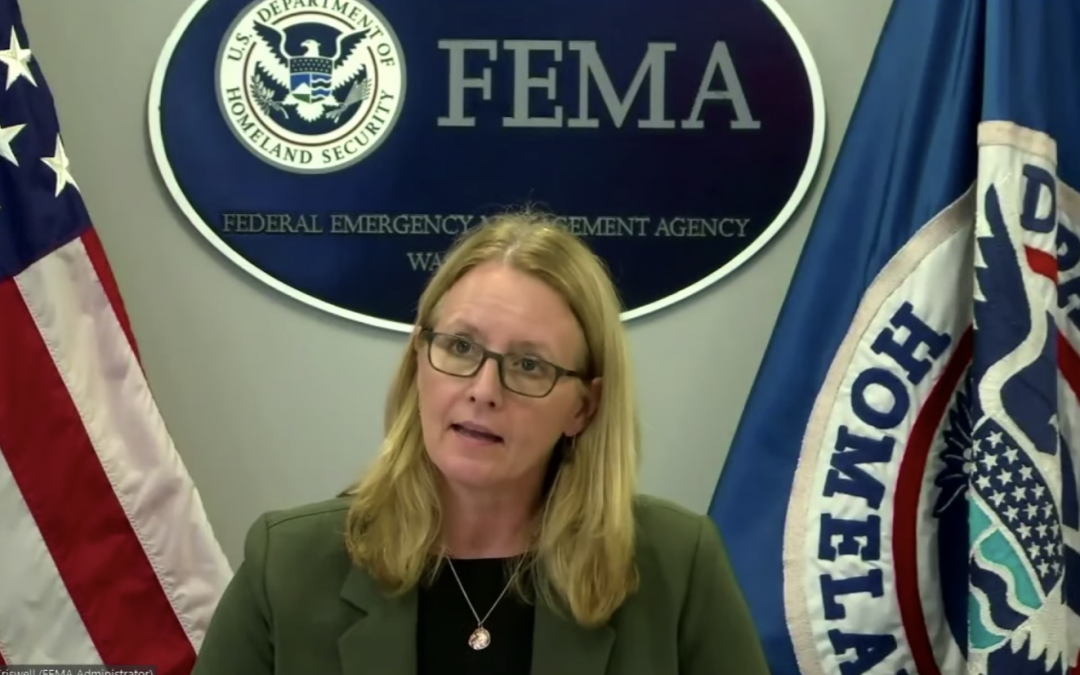WASHINGTON — One month after Hurricane Ida made landfall in Louisiana, legislators called Tuesday for faster and more effective disaster responses from the Federal Emergency Management Agency, which some said has kept their constituents waiting for federal aid for far too long.
Ida, a Category 4 storm, resulted in over 100 deaths from Louisiana to New York, wiped out New Orleans’ power grid and left more than 1 million residents without power. It made landfall 16 years to the day after Hurricane Katrina and was the fifth strongest hurricane to hit the United States.
Testifying before the House Committee on Oversight and Reform, FEMA administrator Deanne Criswell warned that the frequency and intensity of these types of storms will continue to increase because of climate change.
According to Committee Chairwoman Carolyn Maloney of New York, Ida is estimated to have caused between $53 and $64 billion in damages.
Last week, Congress allocated nearly $29 billion in natural disaster relief for survivors of Hurricane Ida in the short-term budget bill that expires in December. Despite the funding, some committee members said their communities need more and better support from FEMA.
Rep. Clay Higgins, D-La., said many of his constituents in southwest Louisiana have yet to receive disaster relief money for last year’s hurricanes Laura and Delta. Local jurisdictions and school boards have had to use their own revenue for relief, costs he said they cannot afford.
“While politicians and bureaucrats discuss the need for better mechanisms to respond to these disasters, the answer is definitely not to create more bureaucracy,” he said. “The bureaucracy we have is slow and thick. As we discuss potential changes to federal programs to better respond to future natural disasters, meeting the citizens’ needs should be our top concern.”
Criswell said her agency is reviewing its processes to reach more communities and work with state and local governments to improve their disaster preparation and relief programs.
Early last month, FEMA expanded the types of documentation individuals can use to prove homeownership or occupancy — a move Criswell said makes individual recovery assistance more accessible.
In an effort to provide equitable damage evaluation, her agency has also made its direct housing program more accessible to lower-income populations, she said. The program provides eligible individuals with temporary housing and helps rebuild their homes or renovate them.
Criswell said communities have less time between each event to recover and prepare for the next. Ultimately, the most effective strategy will be to invest in climate resilient infrastructure and mitigation measures, she said, including the improvement of levees and drainage systems.
Along with several other representatives, Rep. Troy Carter, D-La., noted that the Biden administration’s $3.5 trillion Build Back Better legislation, which is stalled in political wrangling in Congress, includes funding to upgrade infrastructure in response to climate change.
“We know hurricanes come every year,” Carter said. “We don’t know the name yet. We may not know the intensity, but we know that with climate change, warmer waters bring stronger storms, and we should endeavor to do better than we did from previous years.”

